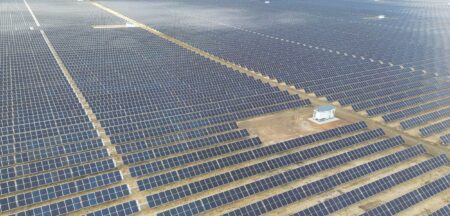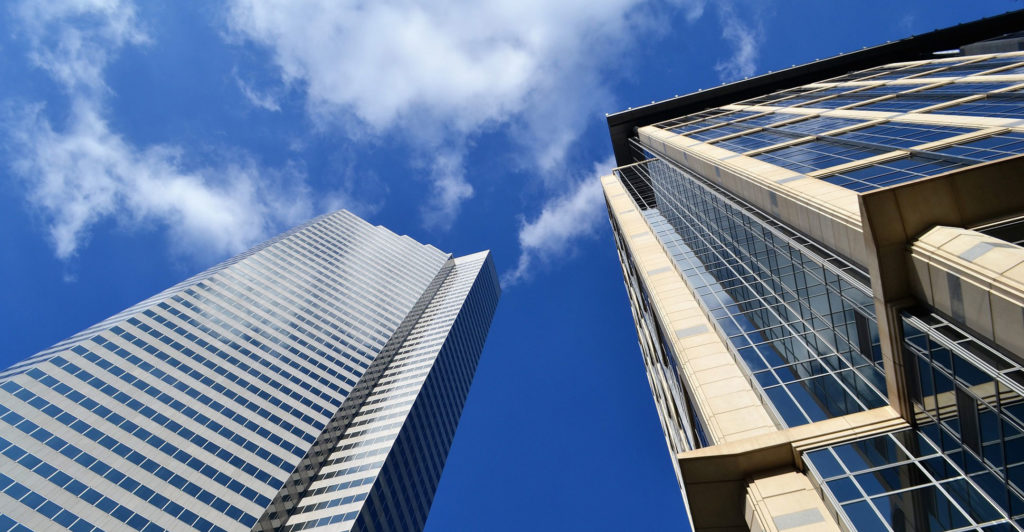 Some good news in the office rental space is that “things are getting better”, according to commercial asset manager at Redefine Properties Scott Thorburn.
Some good news in the office rental space is that “things are getting better”, according to commercial asset manager at Redefine Properties Scott Thorburn.
“I would say that for good buildings, we’ve recovered to just about pre-Covid levels and vacancies have dropped.”
Obviously, the Covid-19 pandemic wreaked havoc for businesses large and small, but Thorburn said the one good thing about it was that it “cleaned out” those tenants who were already battling to pay the rent.
Redefine handled tenants’ inability to pay in different ways: if they were in good standing when the pandemic hit, the company tried to help companies stay in business. For larger retail businesses, deferred rentals were accepted, while for smaller operations like restaurants, Redefine tried to help them survive by not demanding rent if it was obvious it legitimately couldn’t be paid. All in all, Thorburn said Redefine lost about R400-million in rentals over this period.
But although office rentals dropped significantly and have taken some time to recover, the market is on the mend. “Over the last two years, it’s been very stagnant and we had to be very competitive to do deals.”
“In places like Cape Town it’s been a perfect storm, with load shedding making it easier for people from the office with a reliable power supply, and some companies insisting their staff return to the office space for ‘people interaction’. South Africa is way ahead of America and Europe in getting people back into the office, even if it’s a hybrid three days in/ two days at home option,” he said. “Big corporates are offering incentives to make working from the office more attractive than staying at home.
‘Semi-gration’
“Also, call centres have flooded into Cape Town and Umhlanga, in KwaZulu-Natal, so there, space is at a premium. ‘Semi-gration’ and better services in Cape Town have meant that in the last seven months, the situation has turned around and rentals reflect that demand. If Gauteng could offer better services, that could happen there, too,” Thorburn said.
Some areas of Johannesburg are weathering the storm, however. Premium space in Rosebank and Sandton still fetches between R215 and R260/sq m, as opposed to R95/sq m in less upmarket areas.
Read: Majority of South African IT talent prefers to work from home
Somewhat ironically, Zoom, the video communications company whose name became synonymous with remote work during the pandemic, recently ordered its staff back to the office. The firm said it believed a “structured hybrid approach” was most effective and people living within 80km of an office should work in person at least twice a week.
According to Thorburn, this is happening in South Africa, too, with big companies like Investec insisting on employees coming in to work rather than working remotely. – © 2023 NewsCentral Media




